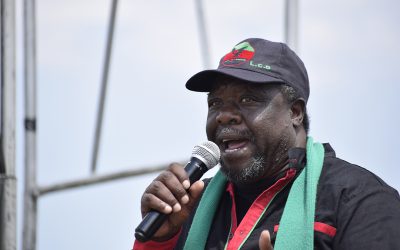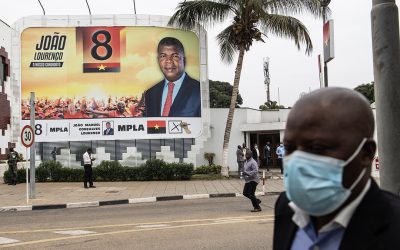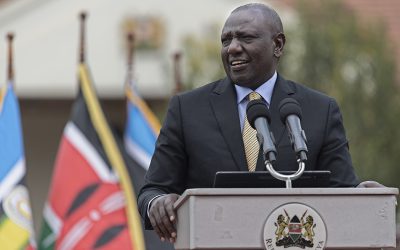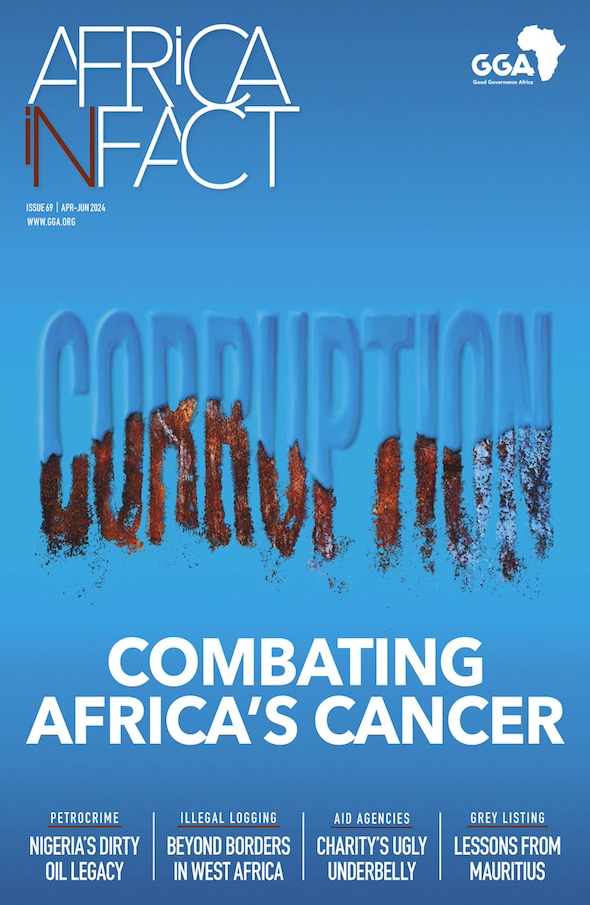What is the focus of this GGA Programme?
Articles from this programme
Lesotho Elections Tracker 2022: Pre-election day developments
Lesotho General Election Quick Facts General elections are scheduled to be held in Lesotho on 7 October 2022 to elect all 120 members of the National Assembly, the lower house of the Parliament....
Angola post-election analysis: at a crossroads, or more of the same?
Last week, Good Governance Africa’s Craig Moffat predicted that the MPLA would retain power in Angola’s 24 August elections: “While UNITA has made inroads, it may not yet be ready to defeat the...
African Union at 20 – Successes and challenges
On 9 September 1999, the Organisation of African Unity (OAU) adopted the Sirte Declaration calling for the establishment of the African Union (AU). The AU was officially launched on 9 July 2002 in...
Kenya’s supreme court declares William Ruto election winner
On 5 September, Kenya’s supreme court upheld results declaring William Ruto the winner of August’s presidential elections. The fifth time was still not a charm for Raila Odinga as he challenged his...
Angola election day predictions
According to numerous political commentators, President João Lourenço’s pursuit to be re-elected on 24 August 2022 is facing increasing pressure from the main opposition leader of UNITA, Adalberto...
Angola pre-election day developments
Election campaigns Indications are that election campaigning has remained relatively peaceful with no major incidents of violence reported. The National Youth Council launched a door-to-door voter...
READ BETWEEN THE LINES
Sign-up to our newsletter to get the inside track on Africa
Governance Delivery and Impact
Our GDI team performs the primary research role of monitoring and evaluating governance performance across the continent. We view governance through the simple lens of who gets what, when and how. In other words, governance is about the allocation of public resources. Good governance is the effective, efficient, broad-based distribution of those resources in a manner that grows economies to the benefit of all citizens.
To achieve good governance, it is our firmly held belief – informed by the evidence – that the basic building blocks must be in place:
- Governance must be transparent and accountable to citizens
- Rule of law must be adhered to
- Corruption must be rooted out in all spheres (in the private and public sectors)
- Media freedom must be upheld, respected, and reinforced at every opportunity
We therefore produce research that assesses whether these institutional building blocks are in place or at least being built. Where these are lacking, we produce policy briefings that inform government policymaking to strengthen key institutions to achieve the above four objectives. We similarly produce intelligence reports – driven by the ADD and procured by the GIA team – that indicate to the private sector how firms can become development partners to the end of achieving good governance.
The GDI team also evaluates service delivery quality. Effective delivery is ultimately a function of basic institutional building blocks being in place. Nonetheless, we focus on how well governments are doing in terms of providing access to electricity, water, sanitation and health for citizens. We similarly focus on education, evaluating what types of intervention are successful and which are not. Decent healthcare and education remain pivotal to development.

